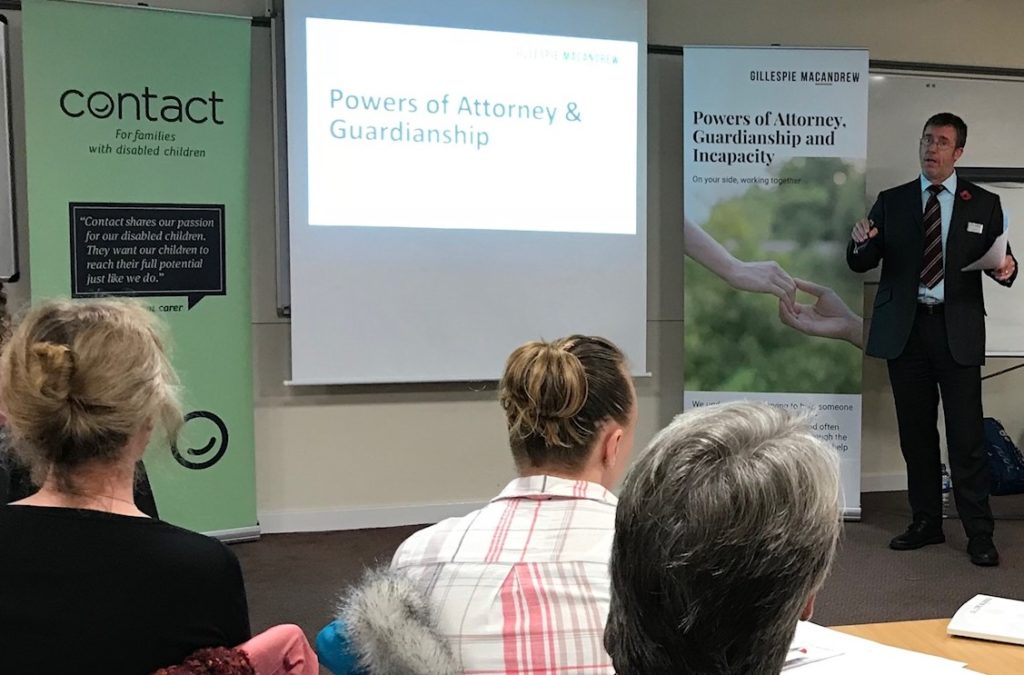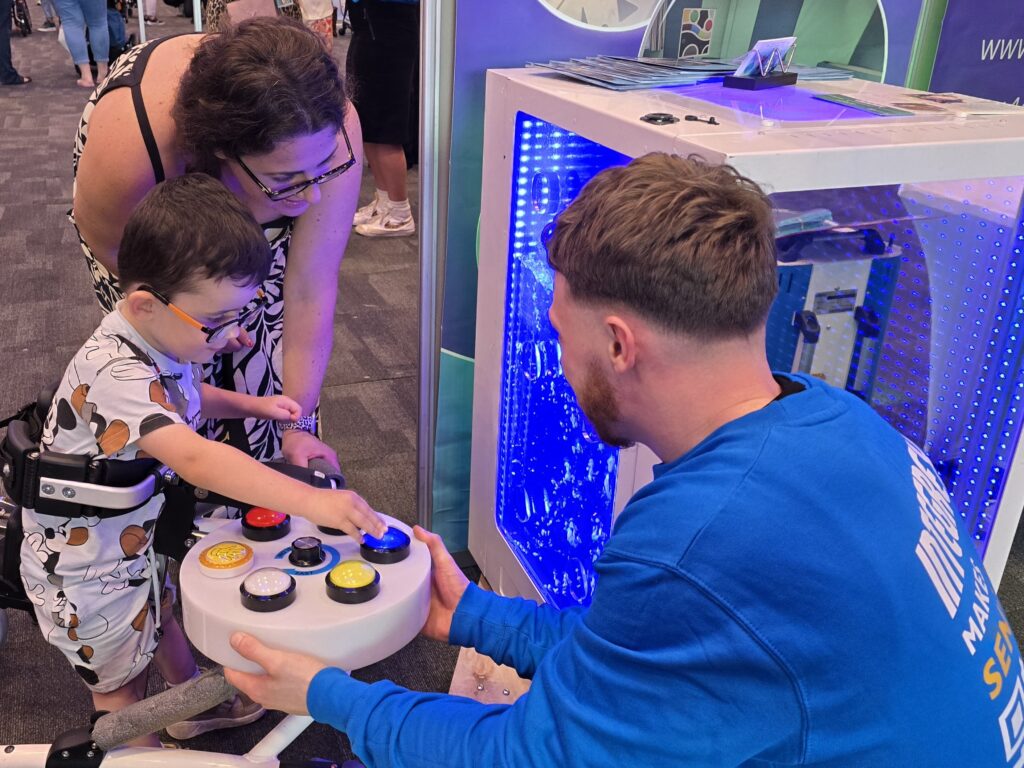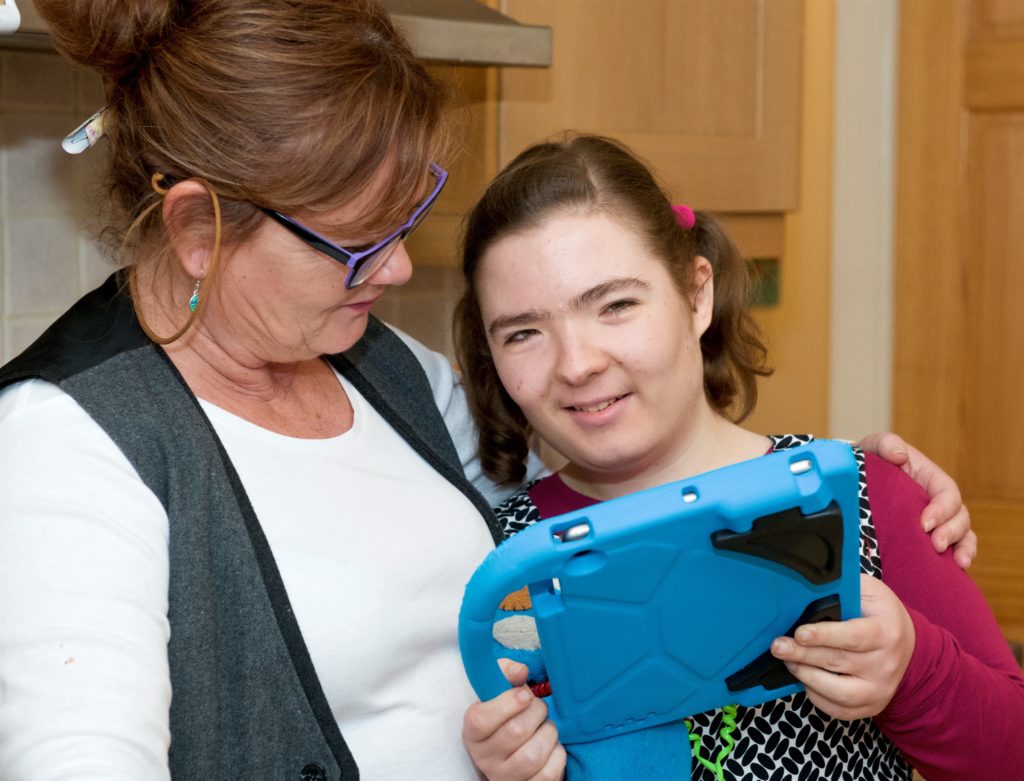Making a Will
This advice applies in Scotland only. Read UK-wide advice on wills and trusts.
A Will insures your wishes are followed and protects loved ones. Learn why Wills matter, and how to create one.
In this article
Why do you need a Will?
Many people feel uncomfortable thinking about a Will for their loved ones. However, if you have concerns about how a family member will manage when you’re no longer here, it’s especially important to think about protecting their interests.
Why people don’t make Wills:
- No one likes to think about dying
- People trust families and friends to make sure their wishes are respected
- They think they don’t have much to leave so it isn’t worth it
- It sounds complicated
- The language may be difficult to understand
- There are more immediate priorities
- It costs too much
Sadly none of these reasons make our death less likely, or make it easier for the people we leave behind. Making a Will means you have more choice over who is involved in the process and who inherits your belongings; you can also give instructions for your funeral, and look at ways to reduce inheritance tax. You can say who you want to look after any children or vulnerable adults. Setting up a Will may also be cheaper for your family after you die- having no Will can result in extra costs of administering your estate through the courts.
Do you have to use a solicitor?
No – but it is always advisable. It’s important to avoid mistakes and to make sure what you’ve written won’t be misinterpreted. If someone challenges your Will, it can mean long and costly court action during which time no one can receive what you left them.
If your circumstances are complicated – e.g. your children have different parents, or you plan to leave money to someone who can’t manage their own finances – it’s especially important you get it right.
A Will is valid if:
- It says how you want your belongings shared out when you die (people inheriting anything from you are called “beneficiaries”).
- You’ve said who you want to be responsible for making sure your wishes are carried out (your “executor”). This can be a relative or friend, and you can still leave them something in the Will if you want. It can also be someone independent, such as a solicitor. It’s a good idea to name more than one executor, in case someone can’t do this when the time comes.
- It was made when you could make your own decisions and weren’t being pressurised by anyone.
- You sign it at the bottom of each page, then sign and date the last page in front of a witness (who can’t be a beneficiary or executor of the Will), who then sign it themselves.
- Template documents to write your own Will are available in stationery shops, but beware – many of these may not be tailored to Scottish law.
How much does it cost?
Always check fees with a solicitor before asking them to do work for you. Generally the more complicated your wishes and circumstances, the more expensive the Will is. A simple Will costs a few hundred pounds, but a specialist Will, involving trusts, overseas properties or tax planning, can cost much more.
What should you include?
Many people feel they don’t have much to leave, but it can add up to more than you think. Take into account:
- Your house, and its likely value at the time you die
- Value of the contents, particularly any special belongings or collections
- Belongings such as your car, bike, computer, any sports equipment
- All bank and building society accounts
- Any other savings, e.g. National Savings Certificates, Premium Bond, ISAs
- Life policies and pensions
- Particular items, e.g. family jewellery or anything with sentimental value
You may also want to make particular bequests, e.g. to a friend who has supported you over the years, or to a charity. Someone must be over 16 under Scottish law before they can insist on receiving their inheritance. If they are not, a Will may allow payment to be made on their behalf to their parent or guardian.
Leaving money to someone who has a disability
It’s important to get expert advice if you want to leave money or property to someone who can’t manage their own finances, or who depends on benefits for a large part of their income.
Even a solicitor may not always understand the impact on someone’s eligibility for certain benefits or support, so make sure you speak to someone who does. Call Contact’s helpline for advice or speak to your local carers’ support organisation before starting to draw up the Will.
What happens if you don’t make a Will?
If there isn’t a Will to make your wishes clear, a legal process kicks in under the Succession (Scotland) Act 1964. That means your family or friends don’t have a free hand to carry out what they think you wanted. An executor has to be appointed by the court, with the cost taken out of what you leave (your “estate”).
There is an order in which people inherit what you own when you die. First is your spouse or civil partner, who is entitled to what are called “Prior Rights”. This gives them a stake in your house, furniture or belongings, and money in the bank up to a given level, even if you are separated.
If there is money left, “Legal Rights” apply next. These allocate a further share of your estate to your spouse or civil partner and a share to be distributed among your children.
Anything left is distributed in an order set out in the Act, meaning your parents and siblings could also be entitled to a share of the estate.
A partner you are not married to or in a civil partnership with is not automatically entitled to any part of your estate however long you may have been together.
Related information

Setting up a Trust
A Discretionary Trust safeguards assets for vulnerable beneficiaries while protecting their benefits. Learn how to set one up in Scotland.
Read more
Legal matters
How to support and protect the interests of your young person into adulthood.
Read more
Guardianship, intervention orders and powers of attorney in Scotland
If you are the parent or carer of someone over 16, who needs help to make, communicate or carry out decisions, there…
Read more
Talking about Tomorrow
The key topics to think about as your child moves into adulthood.